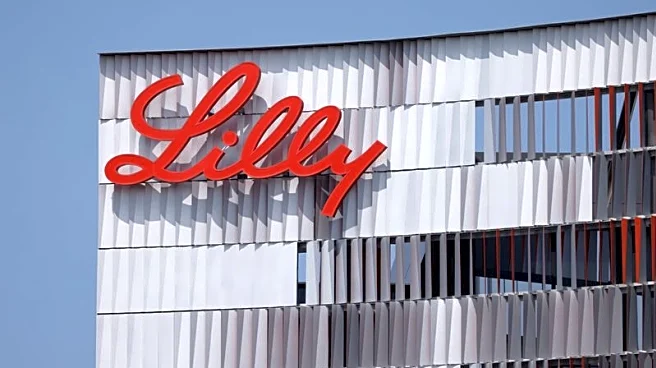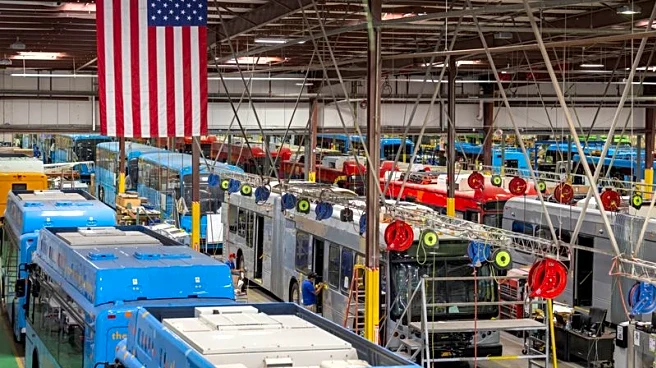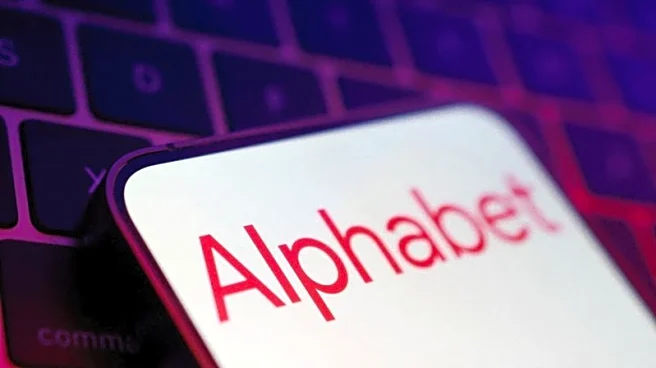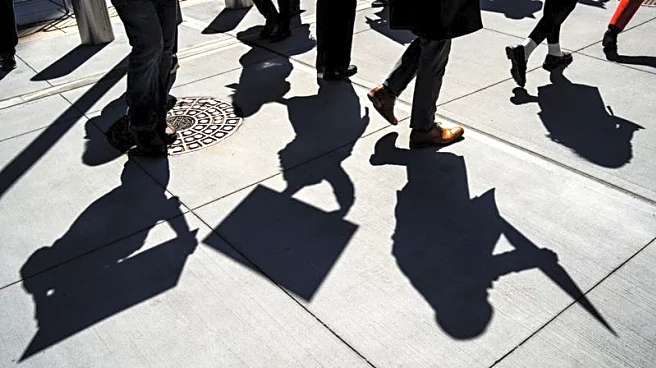Rapid Read • 6 min read
A recent opinion piece discusses the implications of a deepfake involving Rep. Alexandria Ocasio-Cortez, highlighting the challenges posed by advanced AI video generation. The article argues that as AI technology improves, detecting fake content becomes increasingly difficult, threatening the reliability of visual media as evidence. The piece critiques proposed solutions, such as relying on authorities to verify content, due to potential biases and misinformation risks.
The rise of deepfake technology poses significant challenges to media integrity and public trust. As AI-generated content becomes more sophisticated, distinguishing between real and fake media becomes harder, potentially leading to misinformation and manipulation. This has implications for political discourse, public safety, and economic stability, as seen in past incidents where fake news affected stock markets. The debate over solutions reflects broader concerns about information verification and the role of authorities in maintaining truth.
AD
The ethical and legal dimensions of deepfake technology are complex, involving questions about privacy, consent, and accountability. Long-term, this technology could reshape media consumption and influence, necessitating new frameworks for digital literacy and critical thinking. The cultural impact includes shifts in how society perceives authenticity and authority in the digital age.
AD
More Stories You Might Enjoy











